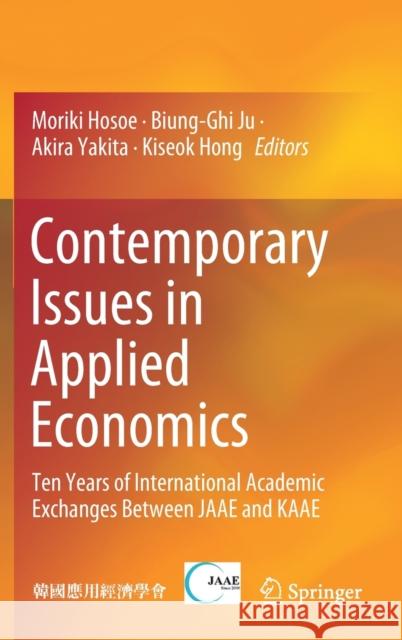Contemporary Issues in Applied Economics: Ten Years of International Academic Exchanges Between Jaae and Kaae » książka
topmenu
Contemporary Issues in Applied Economics: Ten Years of International Academic Exchanges Between Jaae and Kaae
ISBN-13: 9789811370359 / Angielski / Twarda / 2019 / 382 str.
Contemporary Issues in Applied Economics: Ten Years of International Academic Exchanges Between Jaae and Kaae
ISBN-13: 9789811370359 / Angielski / Twarda / 2019 / 382 str.
cena 402,53
(netto: 383,36 VAT: 5%)
Najniższa cena z 30 dni: 385,52
(netto: 383,36 VAT: 5%)
Najniższa cena z 30 dni: 385,52
Termin realizacji zamówienia:
ok. 16-18 dni roboczych.
ok. 16-18 dni roboczych.
Darmowa dostawa!
Kategorie:
Kategorie BISAC:
Wydawca:
Springer
Język:
Angielski
ISBN-13:
9789811370359
Rok wydania:
2019
Wydanie:
2019
Ilość stron:
382
Waga:
0.72 kg
Wymiary:
23.39 x 15.6 x 2.24
Oprawa:
Twarda
Wolumenów:
01











